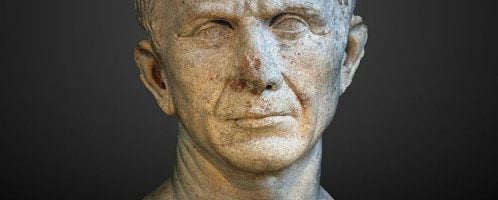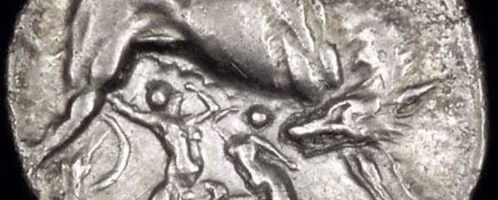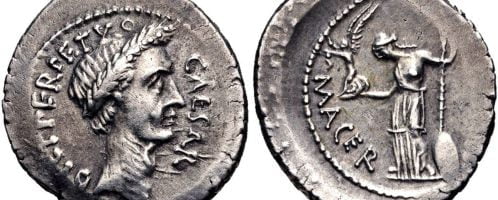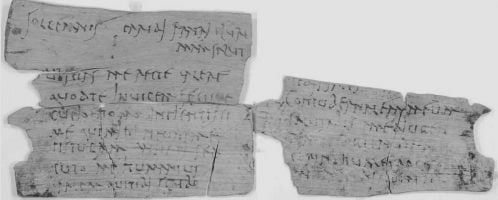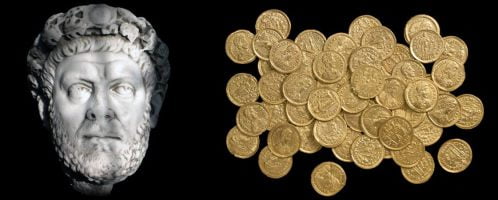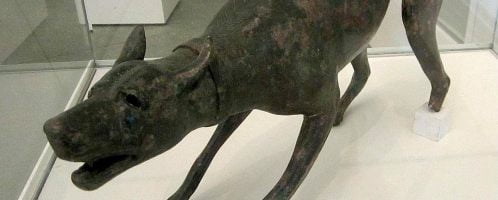Julius Caesar – genocide of Germans
Gaius Julius Caesar, we evaluate today through the prism of the most famous facts from his life: the romance with Cleopatra, betrayal of Brutus and death as a result of the Ides of March 44 BCE, or the establishment of the Julian calendar. Caesar claims to be an excellent leader, humanist, excellent speaker, author of works written in beautiful Latin: “About the Civil War”, “About the Gallic War” and the creator of the quotes used until today: “the dice were thrown” or “I came, I saw, I conquered”.

